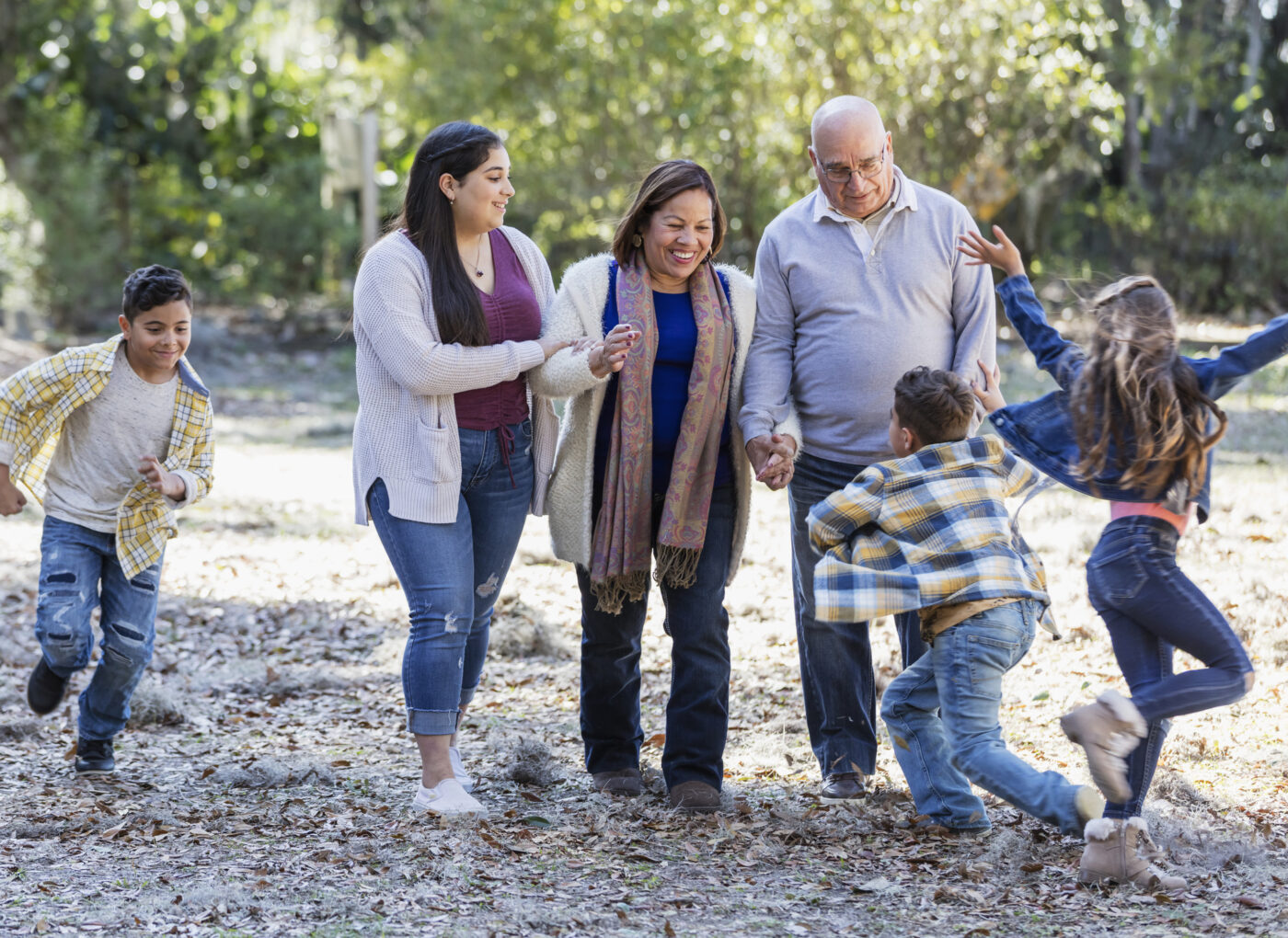Advancing in Parenting Life Post-Loss: Key Steps
As you navigate life post-loss, prioritize acknowledging your grief. Seek professional support for guidance and coping strategies. Embrace self-care practices to nurture your mental well-being. Communicate openly with your partner for understanding and support. Honor your child’s memory with special rituals and traditions. Connect with support groups to share experiences and emotions. Establish new routines for stability and structure. Practice mindfulness and meditation for emotional healing. Embrace mindful parenting and trust in your growth. Embracing these key steps will support your journey towards healing and resilience.
Key Takeaways
- Seek professional support for guidance and coping strategies.
- Establish new routines for stability and structure.
- Engage in self-care practices to prioritize mental well-being.
- Build a strong support network for emotional comfort.
- Embrace mindfulness to navigate the healing journey.
Acknowledge and Accept Grief

To begin healing and moving forward, it’s essential that you acknowledge and accept the deep grief you’re experiencing after your loss. The grief process is unique for everyone, and it’s important to understand that it’s okay to feel a wide range of emotions during this healing journey. Coping strategies play a significant role in managing your emotional well-being as you navigate through this challenging time.
Allow yourself the space to grieve and feel the emotions that arise. It’s normal to experience feelings of sadness, anger, guilt, and even moments of numbness. Remember, healing isn’t a linear process but rather a series of ups and downs. Be patient and gentle with yourself as you progress through your grief journey.
Engaging in activities that bring you comfort and solace can help ease the emotional burden. Whether it’s spending time with loved ones, journaling your thoughts, or seeking solace in nature, finding healthy coping mechanisms is important for your emotional well-being.
Seek Professional Support
If you find yourself struggling to cope with your grief, remember that seeking professional support can provide you with valuable guidance and assistance on your healing journey. Therapy sessions and grief counseling offer a safe space to express your emotions, process your loss, and learn coping strategies tailored to your needs. Professional help can equip you with tools to navigate the complexities of grief, helping you move forward while honoring your child’s memory.
Therapy sessions offer a supportive environment where you can explore your feelings, fears, and hopes with a trained counselor who can offer insights and coping mechanisms. Grief counseling specifically focuses on addressing the challenges associated with loss, allowing you to work through your emotions at your own pace.
Embrace Self-Care Practices
You’ve been through a lot, and it’s vital to prioritize your mental health during this challenging time.
Establishing daily routines can provide structure and comfort, helping you navigate the ups and downs of parenting post-loss.

Prioritize Mental Health
Embracing self-care practices is essential for prioritizing your mental health as you navigate the journey of parenting after experiencing loss. Taking care of your mental wellness is vital during this challenging time. Consider therapy options to help you process your emotions and develop coping strategies that work best for you. Remember, seeking professional help is a sign of strength, not weakness.
In addition to therapy, incorporating self-care practices into your routine can make a significant difference. Whether it’s setting aside time for activities you enjoy, practicing mindfulness, or simply taking a moment to breathe, these small acts of self-care can have a big impact on your mental well-being.
Prioritizing yourself isn’t selfish; it’s necessary for you to be able to care for your children effectively.
Establish Daily Routines
Establish daily routines that incorporate self-care practices to nurture your mental well-being as you navigate the challenges of parenting after loss. Time management is essential in carving out moments for yourself amidst the responsibilities of parenthood.
By setting aside specific times each day for self-care activities, whether it’s reading a book, going for a walk, or practicing mindfulness, you can prioritize your emotional health. Daily rituals can provide a sense of structure and comfort during this difficult time. Consistency in these routines can help bring stability to your days and promote a sense of normalcy.
Finding balance between caring for yourself and your children is vital. Remember that taking care of your own needs isn’t selfish but necessary for being able to care for others effectively. Embrace self-care practices as a way to recharge and rejuvenate your mind and body.
Seek Support Network
Creating a strong support network is essential as you prioritize self-care practices while maneuvering the challenges of parenting after loss. Remember, you aren’t alone in this journey.
Online forums can provide a safe space to connect with others who understand your experience. Sharing your feelings and listening to the stories of fellow parents can be incredibly comforting and validating.
Consider exploring group therapy sessions tailored to parents managing grief and parenting. These sessions offer a supportive environment where you can express your emotions openly and receive guidance from mental health professionals.
Additionally, joining parenting classes can help you learn new coping strategies and connect with individuals facing similar struggles.
Attending community events focused on healing and support can also be beneficial. These gatherings provide opportunities to build connections with others in your community who may offer valuable insights and empathy.
Communicate With Your Partner
Hey there, it’s essential to keep those lines of communication wide open with your partner as you navigate this journey together.
Share your feelings openly, listen to each other with empathy, and aim to understand one another’s perspectives.

Open Communication Channels
To foster a stronger connection with your partner during this challenging time, prioritize open and honest communication to navigate through your grief together.
Setting important boundaries is vital to make sure that both you and your partner have the space needed to process your emotions individually while still being there to support each other.
Effective communication involves actively listening to one another, expressing your feelings openly, and being understanding of each other’s perspectives.
Remember that grief can manifest differently in each person, so being patient and empathetic towards your partner’s unique grieving process is key.
During this time, it’s important to create a safe and judgment-free environment where both of you feel comfortable sharing your thoughts and emotions.
By fostering open communication channels, you can strengthen your bond and work through this difficult period together as a team.
Be mindful of each other’s needs and be willing to offer support and reassurance when required.
This shared journey of healing can ultimately bring you closer together as a couple.
Share Emotions Openly
Express your emotions openly and honestly with your partner as you navigate through the complexities of grief together. It’s important to lean on each other for support during this challenging time. Sharing your feelings can help strengthen your bond and create a safe space for both of you to process your emotions.
Consider attending group therapy sessions together to learn coping strategies and connect with others who are also experiencing loss. By engaging in these sessions, you may find solace in knowing that you aren’t alone in your struggles.
Parenting challenges can become even more overwhelming in the face of grief. Communicating openly with your partner about these challenges is essential. Discuss how you both can support each other and your children during this difficult period. Encourage each other’s self-expression and validate each other’s feelings.
Seek Mutual Understanding
Share your thoughts and feelings openly with your partner to foster mutual understanding and strengthen your bond as you navigate through grief together. Compassionate listening and empathy building are essential in this process. Allow yourself and your partner the space to express emotions without judgment, creating an environment where both of you feel heard and supported.
Drawing on shared experiences can help in understanding each other’s perspectives better. Reflect on your journey together, recall moments of joy, sorrow, and growth. These shared memories can serve as a foundation for deeper connection and empathy towards one another.
Honor Your Child’s Memory

One way to honor your child’s memory is by creating a special ritual or tradition that celebrates their life and the impact they had on you and your family.
Memorial events can provide a space for remembrance and reflection, allowing you to honor your child’s life surrounded by loved ones who share in your loss. Consider organizing an annual memorial event where you can come together to share stories, look at photos, or engage in activities that your child enjoyed. This can be a meaningful way to keep their memory alive and create a sense of connection with your child even though they’re no longer physically present.
Creating traditions that are inspired by your child’s interests, values, or favorite activities can also be a beautiful way to honor their memory. Whether it’s planting a tree in their honor, cooking their favorite meal on special occasions, or participating in a charity event that aligns with their passions, these traditions can serve as a lasting tribute to the impact your child had on your life.
Connect With Support Groups
Consider seeking out support groups to connect with others who understand the unique challenges and emotions that come with coping with life after the loss of a child. These groups can provide a safe space where you can find comfort in knowing that you aren’t alone in your journey of healing.
Sharing experiences with individuals who’ve walked a similar path can offer a sense of validation and understanding that may be hard to find elsewhere. In support groups, you can freely express your emotions, fears, and struggles without judgment. It can be incredibly healing to talk about your child, memories, and the impact of their absence on your life with those who truly comprehend the depth of your pain.
Establish New Routines
As you navigate life post-loss, establishing new routines can offer a sense of stability and structure during this challenging time. Creating stability is essential in finding balance as you adjust to your new normal.
Building structure into your days can provide a framework for you to lean on when uncertainty looms large. Embracing change, although intimidating, is an important step in moving forward.
Start by setting small daily goals for yourself, such as waking up at a consistent time or incorporating moments of self-care into your routine. These simple tasks can help you regain a sense of control and accomplishment.
Consider creating a weekly schedule that includes time for work, family, self-care, and activities that bring you joy. This can help you feel more organized and in charge of your time.
Practice Mindfulness and Meditation

To cultivate inner peace and emotional resilience during this challenging time, incorporating mindfulness and meditation into your daily routine can be immensely beneficial. Mindfulness techniques offer a way to ground yourself in the present moment, allowing you to acknowledge your emotions without judgment.
By practicing mindfulness, you can gradually reduce stress levels and enhance your ability to cope with the difficulties of parenting post-loss.
Meditation benefits extend beyond just stress relief; they can also aid in emotional healing. Taking a few moments each day to meditate can help you process your grief, manage overwhelming feelings, and find a sense of calm amidst the chaos.
Through meditation, you may discover a newfound sense of clarity and acceptance, which can positively impact your parenting journey.
Reimagine Your Parenting Journey
Revisiting your parenting journey after experiencing loss can be an opportunity to reimagine and redefine your approach with newfound strength and resilience. Embracing mindful parenting practices can help you navigate this healing journey with a growth mindset. As you commence on this path of self-discovery, remember to be gentle with yourself and allow space for healing.
Consider how you can integrate mindfulness into your daily interactions with your children. Take moments to pause, breathe, and truly be present with them. Embrace the opportunity to deepen your connection and understanding of each other. Through this process, you may discover new facets of yourself and your parenting style that have evolved through the challenges you’ve faced.
As you reimagine your parenting journey, trust in your ability to adapt and grow. Embrace the changes with an open heart and a willingness to learn from the experience. Remember, this is a journey of healing and self-discovery, and each step you take brings you closer to a place of peace and understanding.
Frequently Asked Questions
How Can I Help My Other Children Cope With the Loss?
You can help your other children cope with the loss by providing sibling support through open communication and involving them in memorial activities. These coping strategies will create a space for healing and understanding together.
Is It Normal to Feel Guilty for Moving Forward?
It’s completely normal to feel guilty for moving forward after a loss. Remember, managing emotions is a process. Finding support, practicing self-care, and honoring memories can help you navigate these feelings with compassion and understanding.
What Are Some Ways to Involve My Lost Child in Family Traditions?
You can honor your lost child in family traditions by creating memorializing activities like releasing balloons or lighting a candle. Including them in celebrations by setting a place at the table or dedicating a special moment helps keep their memory alive.
How Do I Navigate Moments of Unexpected Grief?
When unexpected grief hits, remember to breathe. Lean on coping strategies like mindfulness and journaling. Reach out, find support from loved ones or a therapist. You’re not alone in managing these moments.
Can I Still Seek Joy in Parenting After Experiencing Loss?
You can absolutely seek joy in parenting after loss. Finding resilience in moments of unexpected grief is part of seeking healing. Embracing happiness and love can help you navigate the journey, honoring both past and present.
Conclusion
Remember, maneuvering through parenting life after experiencing loss can be incredibly challenging, but you aren’t alone in this journey.
By acknowledging your grief, seeking support, practicing self-care, and honoring your child’s memory, you’re taking important steps towards healing and moving forward.
Embrace the love and support around you, connect with others who understand your experience, and remember to be gentle with yourself as you navigate this new chapter in your parenting journey.
You’re strong and capable, and you deserve all the support and understanding in the world.

Hey there! 👋 I’m a proud mom and passionate writer, sharing my parenting journey. 📝 Join me as I navigate the ups and downs of motherhood, offering tips, advice, and a sprinkle of humor along the way. 🌟







